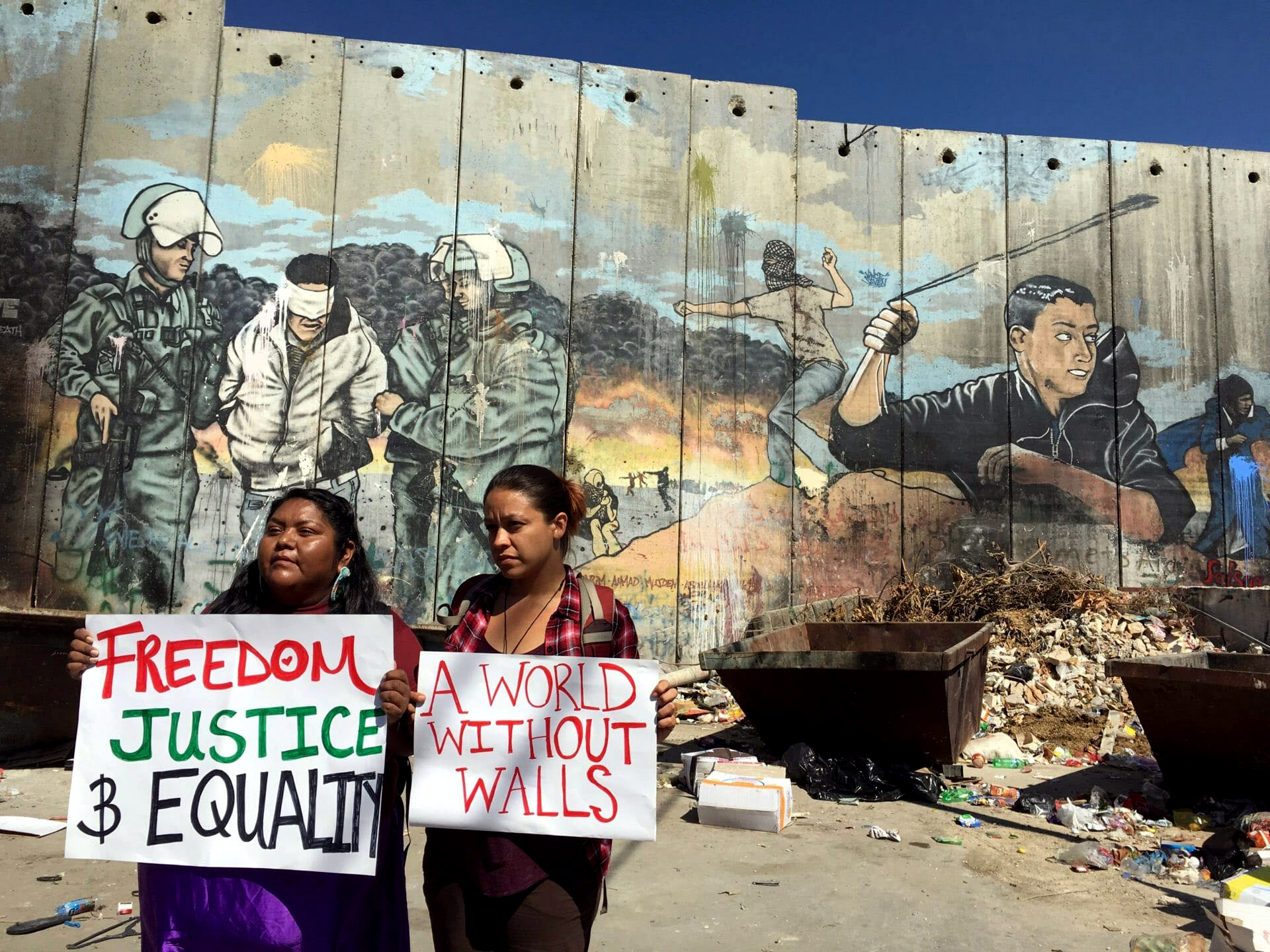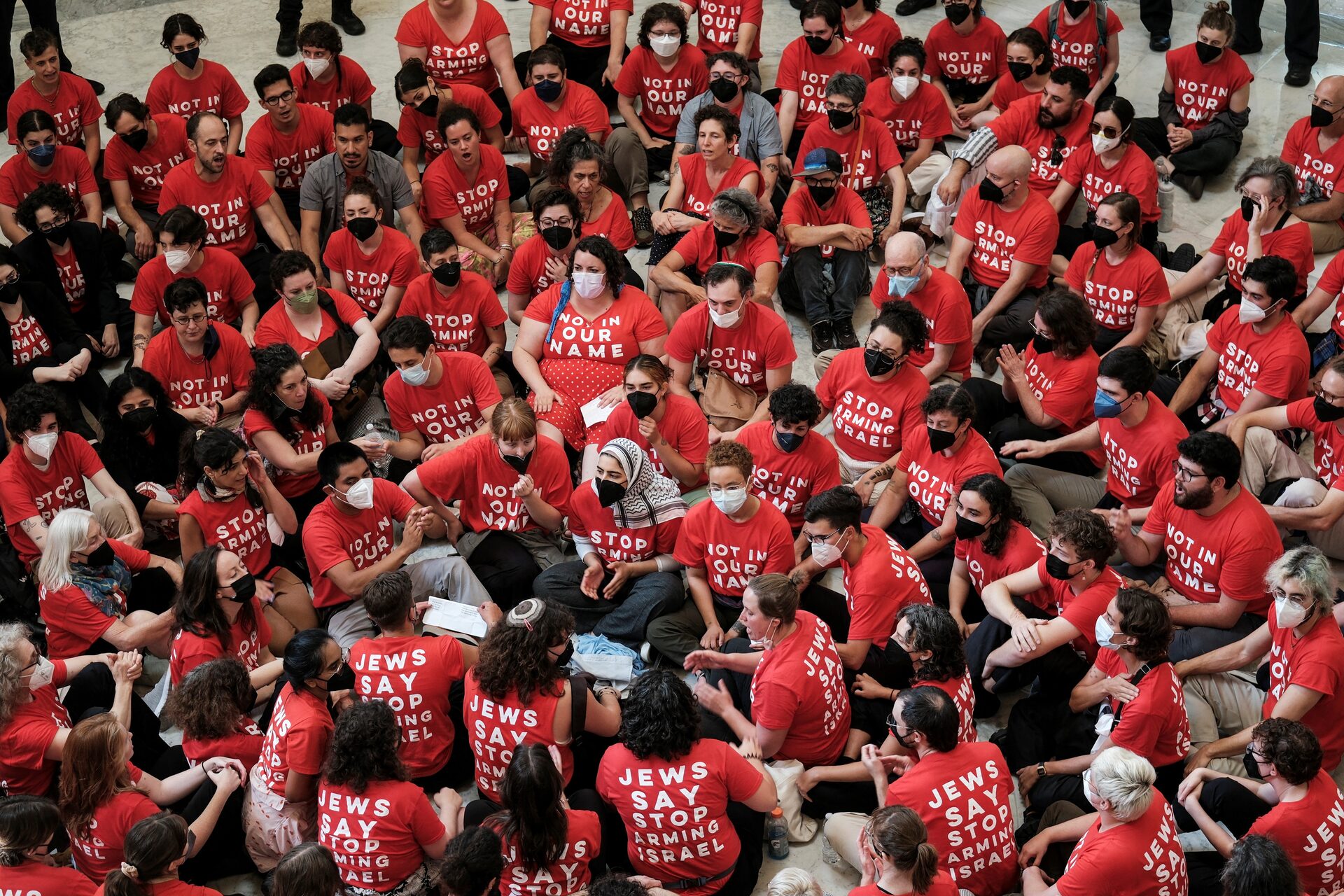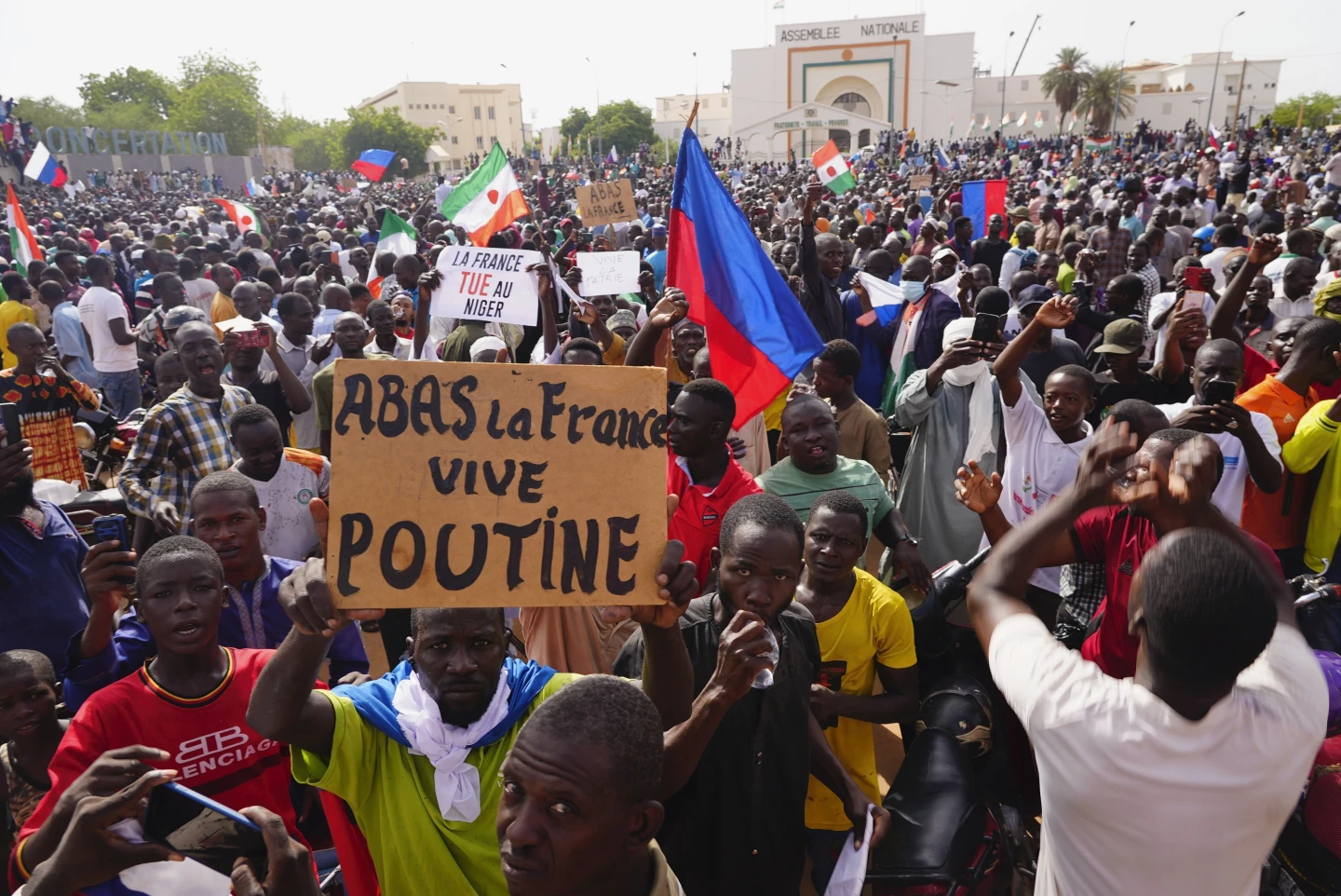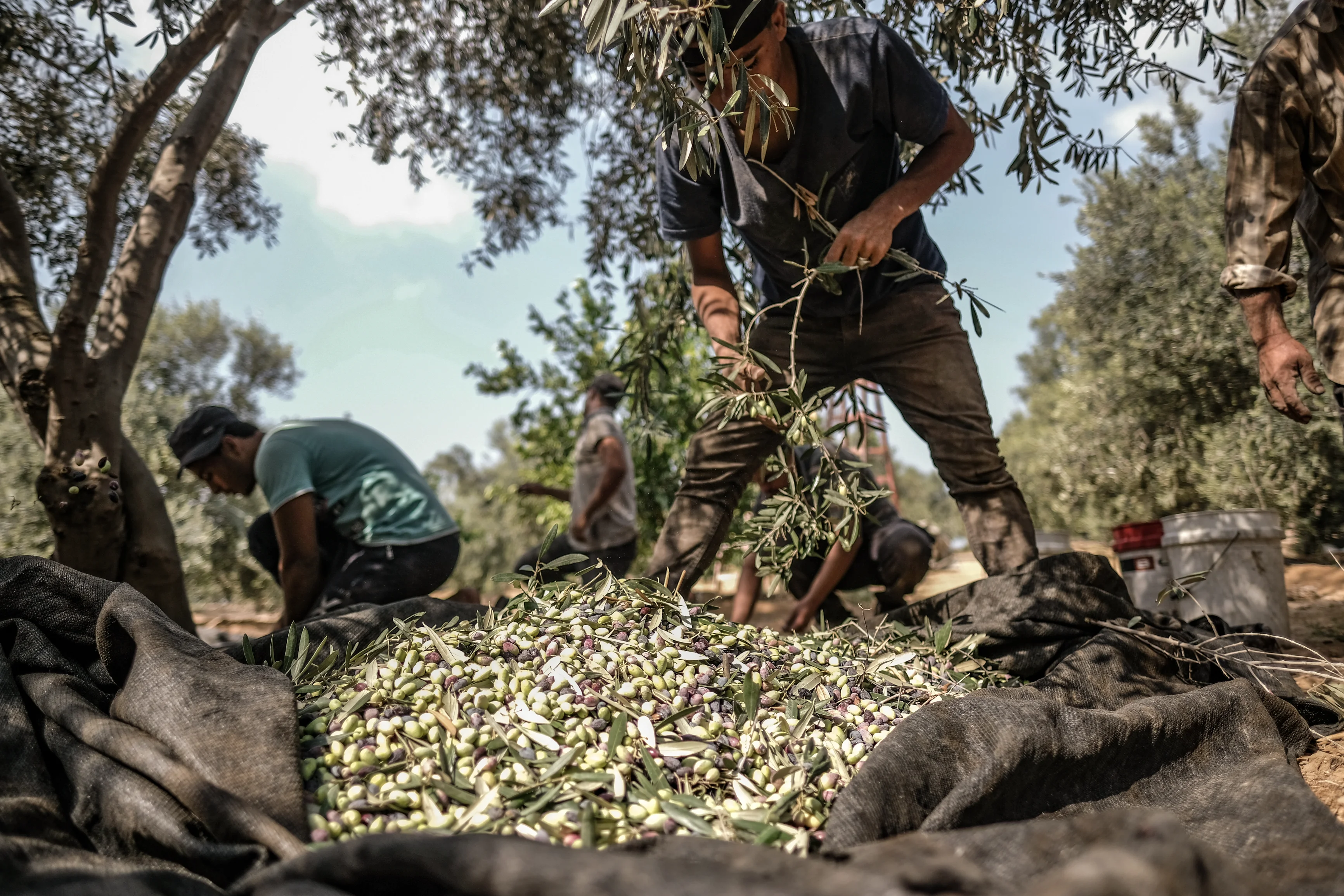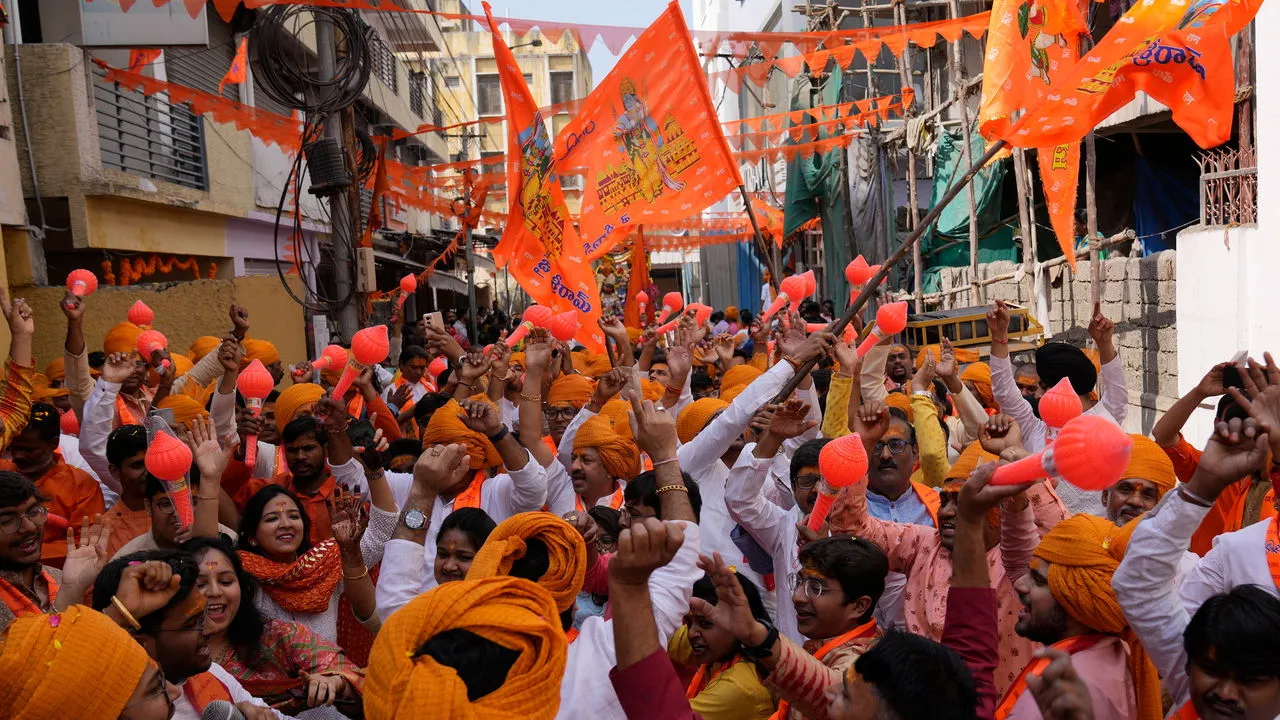Poems of Freedom, Love, and Resistance from Gaza
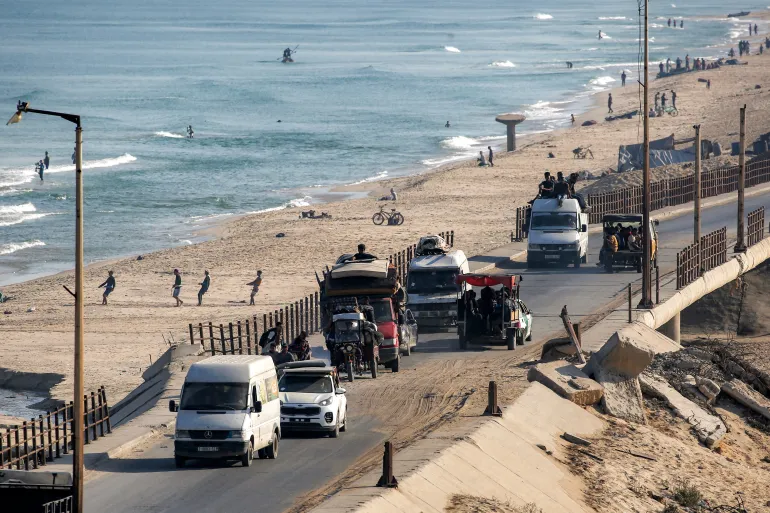
Poetry of the Camps is an initiative run by Illuminated Cities and She Is Night in collaboration with local partners to connect students in Gaza and Rohingya refugee camps with students in the U.S., particularly at Harvard and MIT, through poetry.
On October 13, 2024, the initiative’s Palestine program commenced with students sheltering in refugee camps throughout Gaza and those who are displaced in Egypt. We came together for the first time as fires raged across the north of Gaza, ignited by an onslaught of Israeli airstrikes.
One of our students from Gaza, Duha Hasan, said she had never written a poem before, let alone one where we invited her to write about herself as a miracle. She then shared a searing poem that she wrote during our first session. “So, is this considered poetry?” she asked. She is a poet unlike any we have encountered before.
Something incredible and powerful begins to alchemize when a miracle poem is recited aloud, shared in the context of a community, and placed out into the expansive arms of our world. It can bring each of us closer to freedom.
These are the words and voices of the poets of Gaza.
Signed,
Illuminated Cities Team
A Miracle Poem by Duha Hasan, Al-Mawasi-Khan-Yunus
I’m a miracle
No
I’m an owl, I stay awake at night,
I enjoy the quietness of an airstrike.
I’m a miracle
No
I’m an old nomad
I love to evacuate every week or so
To where
To the unknown
I’m a miracle
No
I’m a socialite
I love being imprisoned with forty or fifty people,
Use the same restroom
Have the same canned food.
I’m a miracle
No
I’m an ignorant
By choice left school
To the school of animosity
To learn the mercy from the unmerciful
To learn love from haters
I’m a miracle
No, I’m a liar
I’m a victim
No, I’m a dreamer
And ‘cause I’m Gazan.
I am a miracle.
Duha Hasan is a Palestinian student interested in poetry, women’s rights, and growth. “Gazans are just like everyone in the room, humans, they deserve a good life. And anyone can easily be in their shoes but will not react like them,” she recently said. “The only way people differ from each other is their reaction towards what’s going on in their lives. Gazans did not forget their belief and trust in Allah. They fought for a greater cause bravely despite the shortage of everything. They understand the true essence of life.”
A Miracle Poem by Hend Salama Abo Helow, Al Nuseirat Camp
I’m Hend,
A daughter of sun and moon,
A granddaughter of a golden name,
A lifeline who still holds the flame,
A genocide witness,
Still wanting to love, live, and flee.
Survived death many times,
Still chase dreams tirelessly,
Trace to be entirely free,
Pave the future that I aim to be.
Yet, I’m twenty,
In times of adversity,
I rise,
A miracle, united by atrocity
“I was raised to love books. I never thought I would have to feed them to a fire so I could have a meagre meal,” Hend Salama Abo Helow wrote in an Al Jazeera article in April 2025. She is a medical student at Al-Azhar University, which like all other universities in Gaza, has been destroyed by Israeli airstrikes in the last twenty months. Inspired by the courage of Palestinian doctors who risk their lives to treat patients in hospitals targeted by Israeli bombings, Abo Helow still pursues her studies in the face of displacement and routine evacuations. “These books are proof that my family has always existed here, in Palestine, that we have always been the owners of this land,” Abo Helow continued. “Genocide has pushed us to do things we never imagined in our darkest nightmares. It forced us to mutilate our memories and break the unbreakable, all for survival. But if we survive — if we survive — we will rebuild. We will have a new home library and fill it again with the books we love.”
A Love Letter to Palestine by Asmaa, Deir-al-Balah
Dear homeland,
I speak to you from the spirit of my displacement, about my longing for every corner of the city I love, and my many attempts to return after the occupation prevented it, the obstacles it placed, and the threats of no return.
Isn't it unfair that I live in a country other than your embrace?
However, my faith and the hope that you planted in me since childhood remain as long as olives and thyme remain.
I have repeatedly tried to rearrange my papers to comprehend the woes of war that accompany you, my homeland, and I could not. My only consolation is that the things that are happening now are not by my will, and my options have become limited like any other person who will meet his death in this war, but your love for my homeland is engraved and will remain immortal.
Your love, Asmaa
Asmaa Al-Banna is a writer from Gaza who graduated in 2021 from the Islamic University of Gaza, Faculty of Education, majoring in basic education. On her experiences enduring Israel’s ongoing genocide in Gaza, she stated: “The situation is getting worse. We do not know what will happen in the coming days. It is like a never-ending, arduous, tragic journey. I was in Shujaiya, then I was displaced to Deir al-Balah. Then we returned to Shujaiya after the ceasefire agreement, then we were displaced from here to Al-Rimal. It is difficult to predict when salvation will come, but we know that death will be scary because we have witnessed the genocide. There are not enough hospitals for treatment. There are no medicines, no safe places. My sleeping hours have become less. The least that can be said is that I am afraid and there is no escape, and death is inevitable. I hope that God will have mercy on my family, the people, and everyone I love.”
On the First Day of Freedom by Basman Derawi, Cairo
On the first day of freedom,
I would visit Beersheba,
standing at the step of my old house
and crying.
I would eat konafa from Nablus,
walking in its old alleys.
At the back of my head,
fighting the flashbacks of the checkpoints.
I would leave the picture of the old city
of Jerusalem at the gravestones of my friends,
swallowing the wish this trip was supposed
to be a group trip.
I would hold the Palestinian flag,
running in the streets of Gaza
before opening my eyes and
remember my legs are amputated.
“I wish I could get my friends back. My sister and her family back. My Palestine back to freedom. I wish I could return time,” Basman Derawi stated. He is a physiotherapist, graduate of Al-Azhar University in Gaza, and published poet. In his words, “I hope for this genocide to end now. I hope to witness the freedom of Palestine. I hope a child somewhere in Gaza won't know what a missile, bomb, a drone are. But for hope to come it needs hearts, tongues, and hands.”
